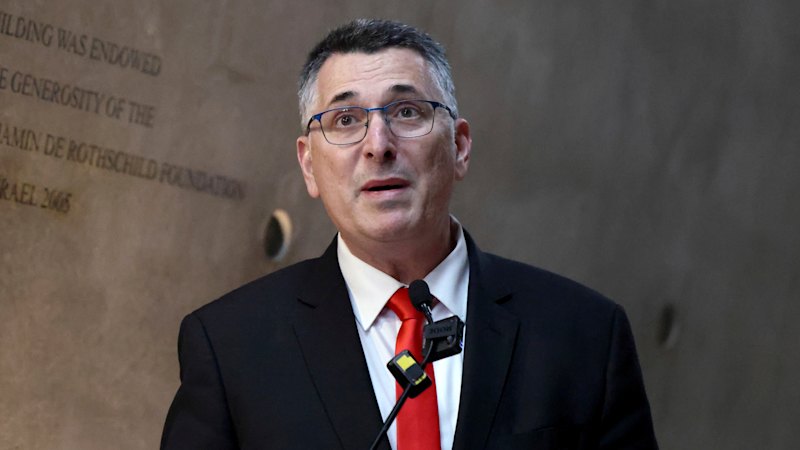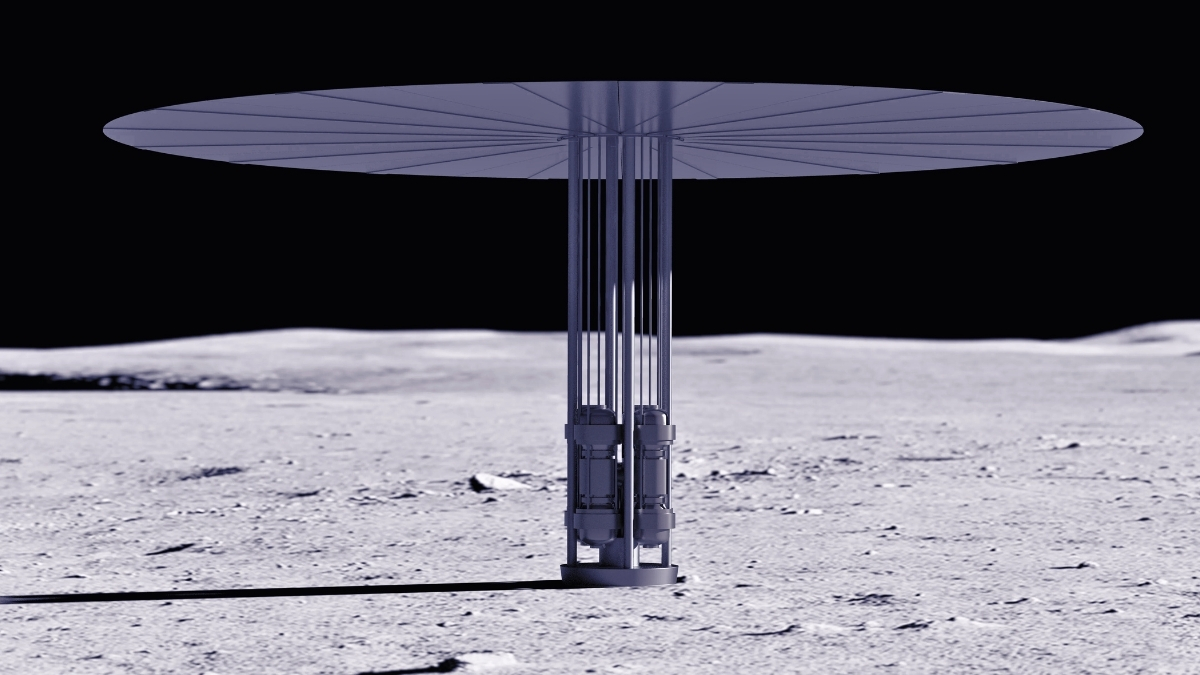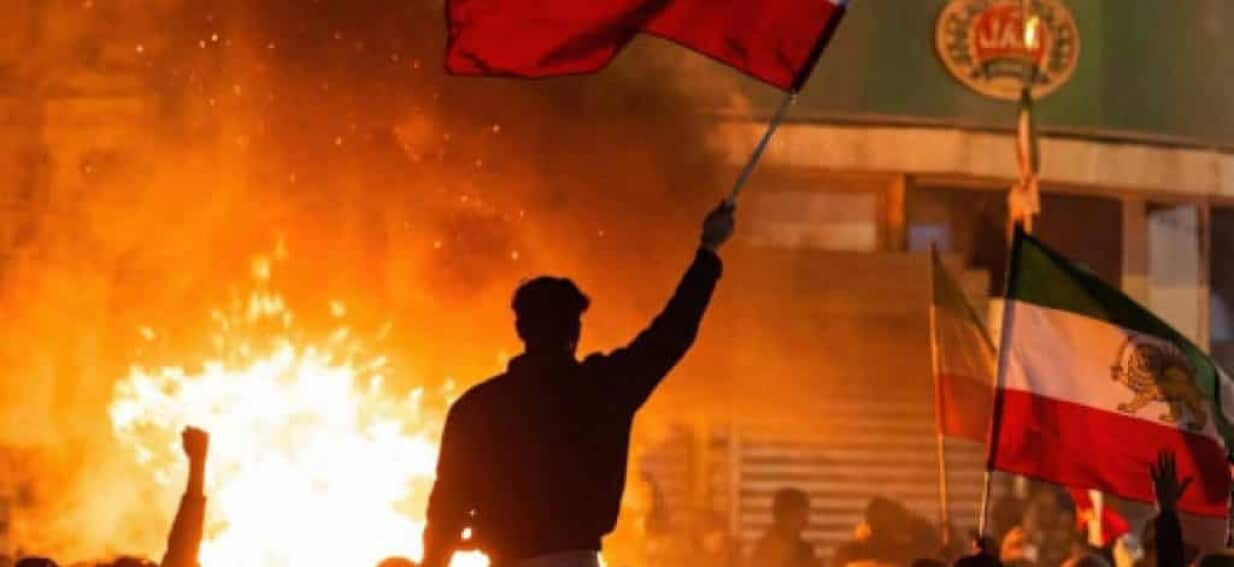
Israel has officially revoked the visas for Australian diplomats stationed at a key office in the Palestinian territories. This action is a direct response to the Albanese government’s recent recognition of a Palestinian state. The decision, announced on October 9, 2023, by Israeli Foreign Minister Gideon Sa’ar, raises significant concerns regarding Australia’s diplomatic presence in the region.
The revocation affects Australian representatives to the Palestinian Authority, placing a spotlight on the broader implications of Australian foreign policy. In a statement shared on the social media platform X, Sa’ar indicated that he had instructed the Israeli Embassy in Canberra to “carefully examine” any official visa applications from Australian representatives. This directive suggests that future diplomatic relations may face further scrutiny and restrictions.
This diplomatic fallout follows a related controversy earlier that day when Australian Home Affairs Minister Tony Burke rejected a visa application from Simcha Rothman, a right-wing member of the Israeli parliament. Rothman had intended to embark on a speaking tour in Australia, highlighting the tensions between the two nations over their respective policies.
In his remarks, Sa’ar cited the visa refusal and Australia’s recognition of Palestine as key reasons for the decision to revoke the visas. He expressed his discontent, stating, “While antisemitism is raging in Australia, including manifestations of violence against Jews and Jewish institutions, the Australian government is choosing to fuel it by false accusations.” Sa’ar characterized this diplomatic rift as “shameful and unacceptable,” further complicating the already sensitive relationship between Israel and Australia.
The implications of this decision extend beyond mere visa revocations. As Australia continues to navigate its foreign policy in the Middle East, the reaction from Israel underscores the delicate balance required in diplomatic engagements. With tensions rising, observers will be closely watching how both nations respond to this situation in the coming days.
As the situation develops, it remains crucial for both governments to engage in dialogue to address the underlying issues and avoid further escalation. The international community is also keen on monitoring how this diplomatic dispute may influence broader relations in the region.







